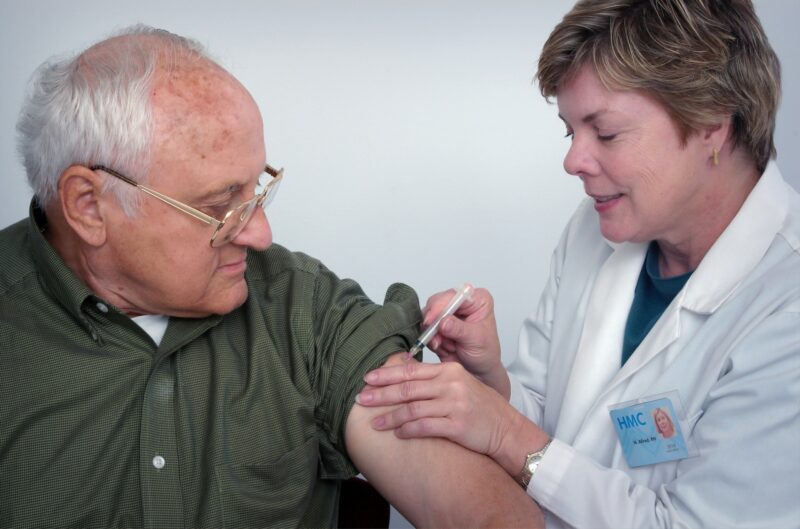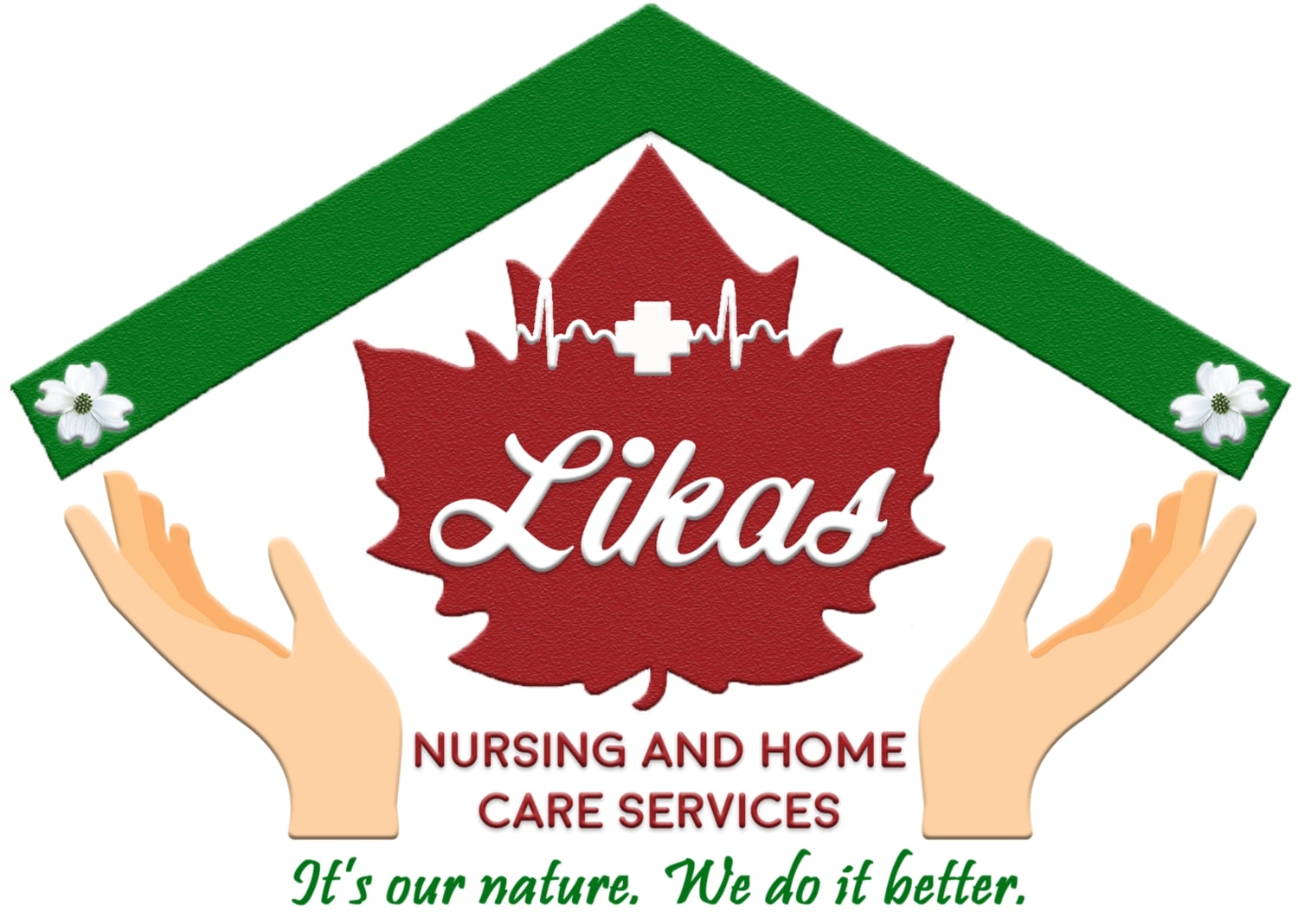
The vaccines for COVID-19 have been making headlines, with most people hoping that this development signals the end of the pandemic. Furthermore, the COVID-19 vaccines manufactured by Moderna and Pfizer are mRNA vaccines, the first of its type to be used by the public. After years of research into this technology, these specific vaccines have shown to be 95% effective in reducing the risk of disease development in persons exposed to the SARS-CoV-2 virus. mRNA vaccines for COVID-19 contain mRNA coding for the viral spike protein that, once injected, can be translated by human cells into an antigen that elicits an immune response by producing protective antibodies. These antibodies prepare a quicker ready response, should the person vaccinated be exposed to the virus.
It is uncertain, however, how well these COVID-19 vaccines work on the elderly, as the clinical trials for these vaccines involved mostly healthy adults. This is important to remember because the elderly are more usually severely affected by COVID-19 and would therefore benefit greatly from the vaccine, should they be effective. As of this writing, the Centers for Disease Control and Prevention (CDC) is recommending the vaccines for the use of people aged 65 or greater, as those available have been shown to either be at least 90% effective or elicit a strong immune response.
Aside from the new COVID-19 vaccine, let’s review what other vaccinations are recommended for elderly people.
Difficulties in vaccines for the elderly
There are certain caveats of immunizing the elderly population. One reason is simply logistical: most of the vaccines on the market are optimized for infants and children. Some research has been done on adults, but little has gone into studying the immunology of an aging person. Thus, it may be difficult to predict offhand how well an older person will respond to a vaccine. A second reason is a natural phenomenon called immunosenescence. As people age, the effectivity of innate and adaptive immune systems usually decline. This makes it difficult for them to mount a defense against a new pathogen.
Why vaccinate the elderly?
This weakness is also the main reason why the elderly should be vaccinated. Because they are more vulnerable to infections and to developing a greater severity of the disease and because their immune systems take longer to respond, vaccinations can be of great benefit in preventing disease and managing its clinical course.
Recommended vaccines
1. Influenza (flu vaccine) – Annual vaccinations, usually available from September-May, are recommended because the immunity acquired is short-lived and because more than half of hospitalizations due to the seasonal flu occur in the elderly population. Vaccines are developed every year based on the most current viral strain available. Most people can get the flu vaccine, unless there are documented allergies to eggs, latex, a previous version of the vaccine, or has been diagnosed with Guillain-Barre syndrome.
2. Pneumococcal vaccine – There are two types of pneumococcal vaccine that protects against diseases caused by the bacterium Streptococcus pneumoniae in the blood, brain, and lung. The pneumococcal conjugate vaccine (PCV13) and the pneumococcal polysaccharide vaccine (PPSV23) protect against 13 and 23 types, respectively, and are given as separate doses.
3. Herpes zoster vaccine – Herpes zoster is the virus responsible for chicken pox in childhood and for shingles in the elderly. Shingles presents as an extremely painful and contagious blister or rash that affects one or more dermatomes. Even if an individual has already had shingles or chicken pox, the vaccine is still recommended for administration for those older than 60 years, as it is effective in decreasing the risk of shingles by 50% and also reduces disease severity. This vaccine, however, is contraindicated in those who are immunocompromised: for example, have an immunodeficiency or are undergoing chemotherapy for cancer.
4. Tetanus-diphtheria-pertussis (Tdap) – This vaccine is usually administered during infancy and childhood. However, due to fading immunity, this vaccine is recommended for re-administration in the elderly, especially because of the rising incidence of pertussis (whooping cough) in this population. The tetanus booster is useful if it has been more than 10 years since the last dose.
Other vaccines are available and recommended based on the geographical location, to protect against infectious diseases, and depending on the individual health status of the patient. The vaccines you need should be recommended to you by your doctor after a thorough clinical examination.
How we can help
At Likas Nursing and Home Care, we create a personalized care plan for your needs and based on your doctor’s advice. We can accompany you to your vaccination visits and help you manage the transient side effects of immunization, which may temporarily diminish your daily activity.
Contact us via this form, via email at likasnhcare@gmail.com, or via phone at 778-772-8026 or 604-754-8781. We offer a free first consultation and will work with you to provide for your needs.



